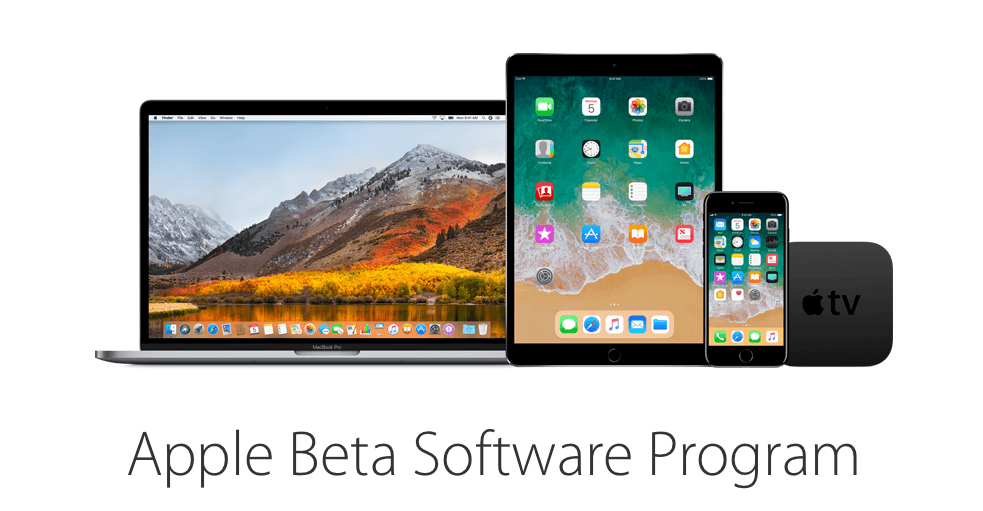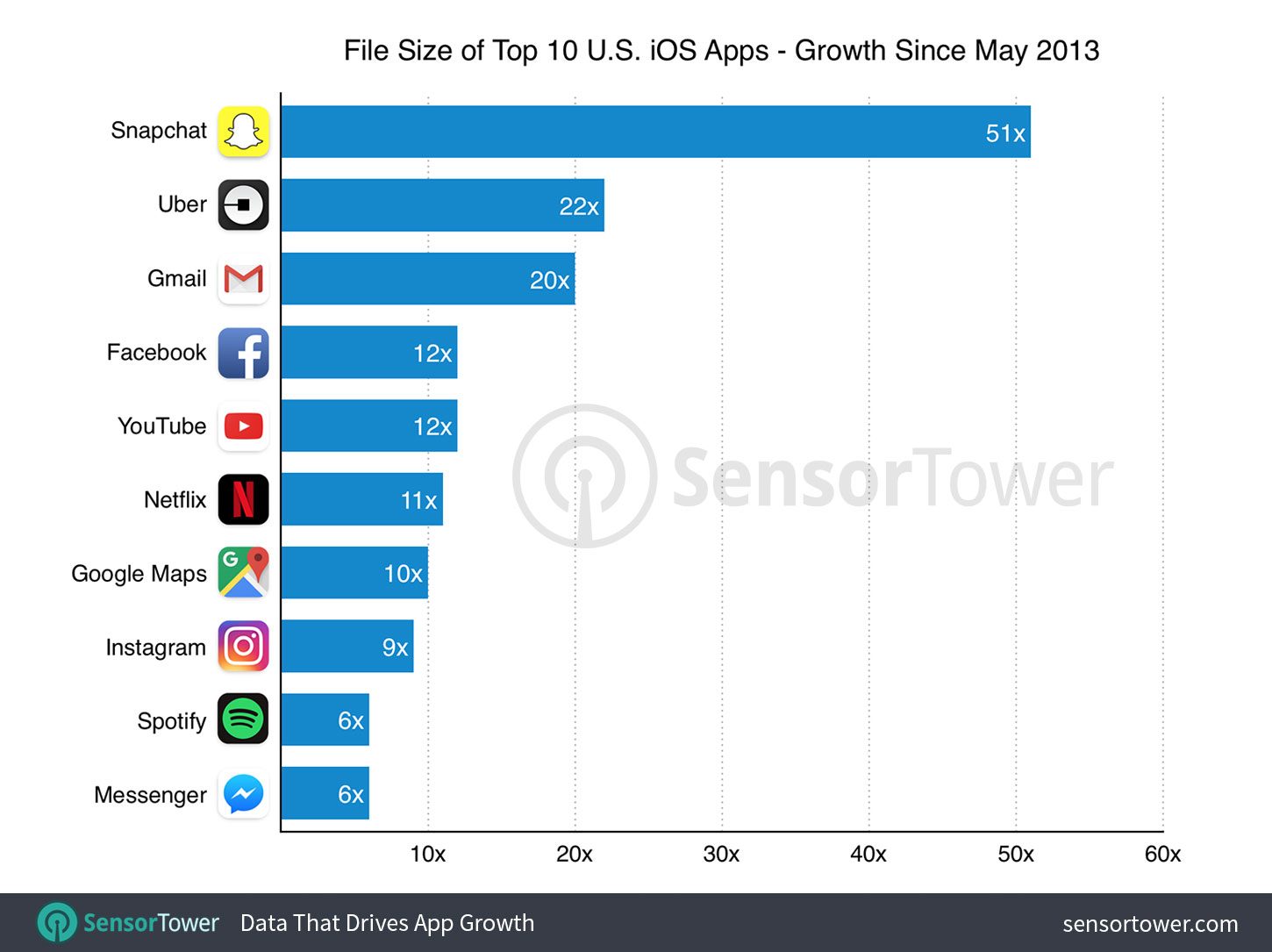ARKit is one of the iOS 11 features I’m really excited about along with iPad improvements, changes to Notes, and better screenshot workflows. The “problem” with ARKit is that Apple isn’t offering a proper AR app for iOS yet – it’s a framework for developers to create AR experiences. Thus, until you play with an ARKit demo, it’s hard to understand the extent of Apple’s efforts and the potential for future ARKit-enabled apps.
Fortunately, the folks at Made with ARKit have been collecting early demoes shared by developers showing a variety of AR apps that will be possible later this year. And some of these are already incredible. From a rocket landing in your backyard to robots dancing in your living room and obvious measuring tapes, these videos give us an early glimpse at the promise of ARKit and the quality of tracking and rendering on an iPhone’s screen.
I don’t know if these showcases will turn into actual shipping products this Fall, but I have a feeling this new category of apps will become a great reason for millions of users to upgrade to iOS 11 quickly. I can’t wait to play with some of these AR apps.



